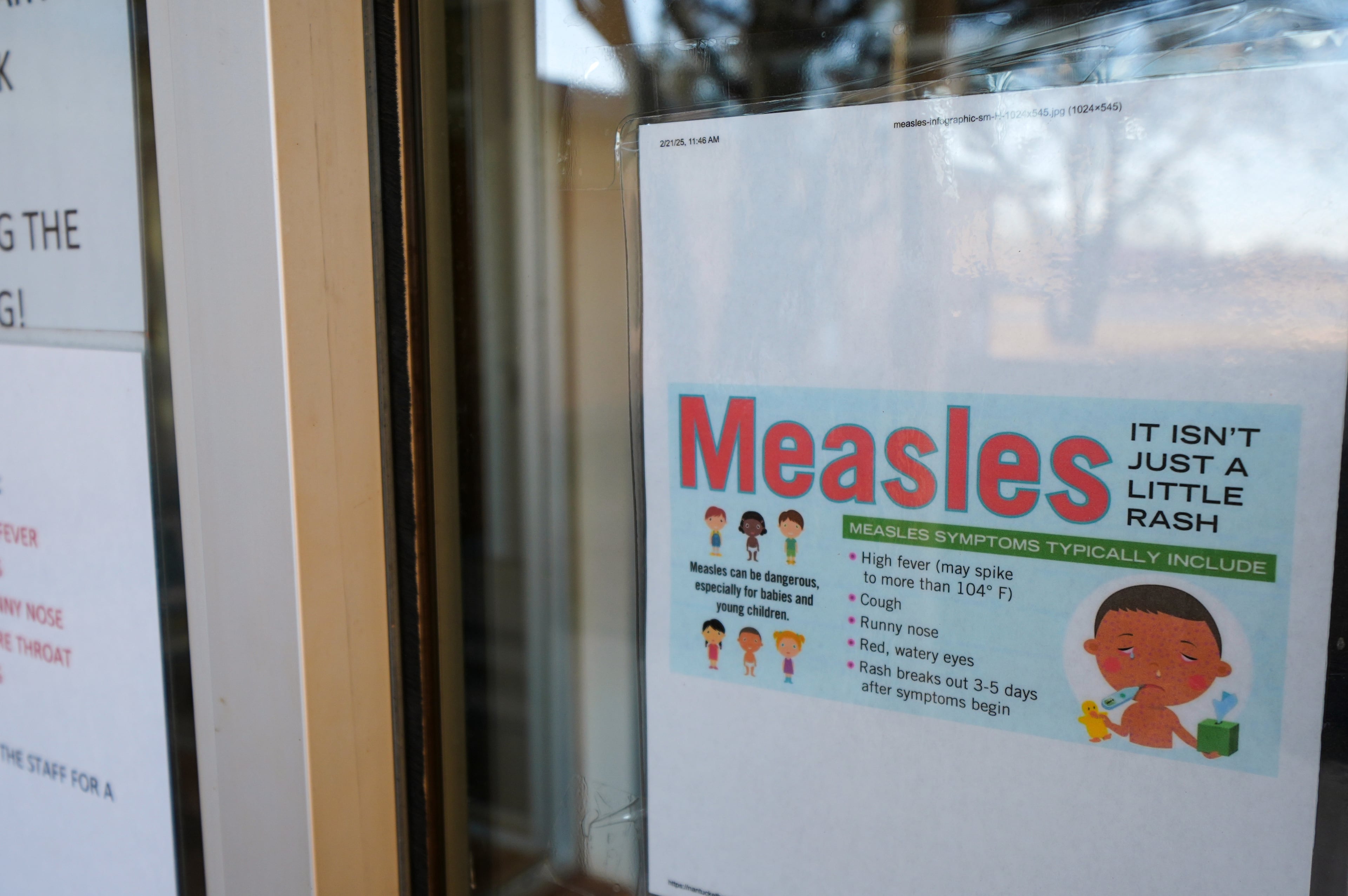Donating blood, plasma can improve your health, study finds
According to a recent study published in JAMA Network Open, donating blood may improve a donor’s health by reducing the number of “forever chemicals” in the blood. Per- and polyfluoroalkyl substances, known as PFAS, are found in household items ranging from waterproof fabrics to non-stick pans, The Guardian reported.
PFAS can contaminate water, air, soil, crops and animal products — ultimately finding their way into blood, bones and the tissue of living creatures. As these substances do not degrade over time, they accumulate inside the body — impairing the immune system, increasing a person’s risk of liver disease, obesity, thyroid disorders and certain cancers in the process.
“This randomized clinical trial showed that regular blood or plasma donations result in a significant reduction in serum PFAS levels for participants,” according to the study.
A total 285 Australian firefighters — who are regularly exposed to PFAS through firefighting foam — were tracked within the study, where they were split into groups that donated plasma every six weeks or blood every 12 weeks for over a year. A third group was used a control for the experiment.
The firefighters that donated blood reduced their PFAS levels by 10%, while plasma donors reduced their PFAS levels by 30%. Both groups retained their lower PFAS levels for a minimum of three months after the experiment completed.
The use of blood and plasma donations with higher levels of PFAS is a “big controversy,” according to study co-author Dr. Bruce Lanphear. The Red Cross, however, did not express much concern.
“The Red Cross and the FDA work together to ensure the blood supply is as safe as possible, and individuals should not worry about the safety of donating or receiving blood,” Dr Susan Stramer, vice president of scientific affairs at the American Red Cross Blood Services, told The Guardian by email.
“At this time, there are no regulatory limitations on [PFAS] in blood due to the absence of any documented evidence of harm. No study has shown a detrimental effect of such substances in blood for donors or recipients.”



